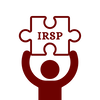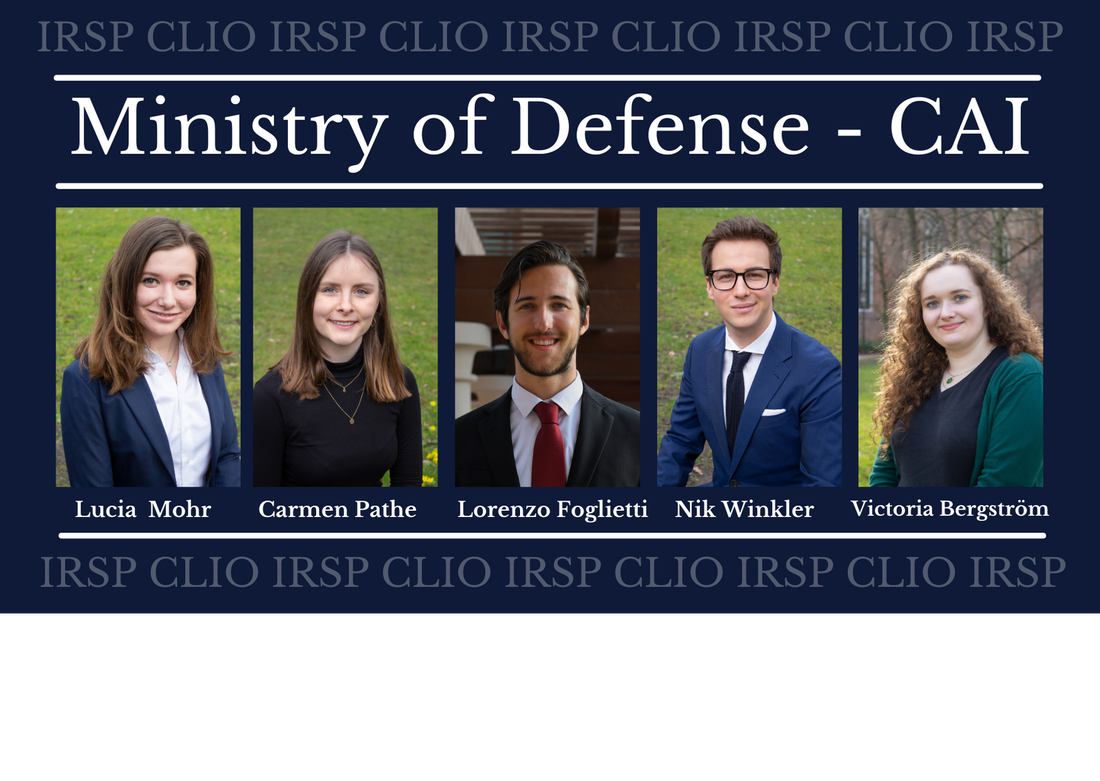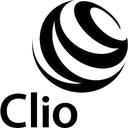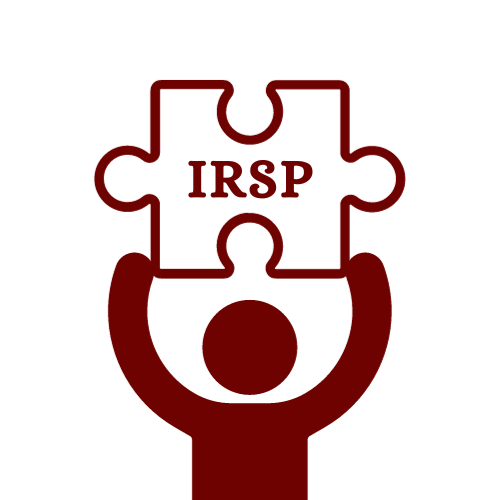The abbreviation CAI stands for cultural historical backgrounds and information. The CAI is a knowledge institute that focuses on sociocultural expertise of (potential) mission areas, within the Dutch armed forces. Furthermore they provide advice on the protection of cultural heritage during calamities and conflicts, both national and expeditionary. The section gathers its knowledge through academic literature research, but also uses other methods and techniques, ranging from qualitative interviews to social media analysis. The CAI strives for the sociocultural dimension to play a fundamental role in the actions of the armed forces, at an administrative, strategic and operational level. Besides conducting research, the CAI is responsible for instructing military personnel on the cultural-historical and cultural-social backgrounds of all deployment areas in which the Dutch armed forces participate. They do this by developing teaching programs, including culture, communication and scenario training. And by giving presentations and advice on the optimal functioning of the staff to be deployed in a non-Western environment. Accurate background knowledge in the mission area helps Dutch soldiers, police officers and civilian personnel to carry out their duties in a complex, sensitive and risky environment.
Research topic: Foreign influences in the Sahel region
The research topic will be within the context of foreign influences in the Sahel region. The Sahel region is currently instable. This instability plays an important role for the European Union, and therefore for the Netherlands as well. The Defence department contributes to several missions in the Sahel region, among which missions instigated by the EU and NATO. Among many of the threats present in the region are the increasing terror threat of Jihadist extremists groups, the increasingly instable political climate and persisting growth in migration. It is highly possible that the contribution of the Defence department will increase in the near future. To contribute to a possible military operation the research question is: In what way and by which actors is influence being exercised in Burkina Faso, Mali and Niger? The question focuses on these countries as it is assumed that several countries and organisations, with different goals and interests, exercise their influence on the so-called G5-countries. Besides Burkina Faso, Mali and Niger, Mauritania and Chad are also part of the G5-countries. For the purpose of this research, we focus on the three countries mentioned, because the cross-border Liptako Gourma region roughly connects these countries. The Liptako Gourma region, is currently considered as the most turbulent. The research will roughly be divided in three themes.
-Which countries and organization are primarily involved in the process of influencing
Burkina Faso, Mali and Niger? And how do they exercise their influence?
-In what ways are forms of foreign influence identifiable before and during the elections in
Burkina Faso and Niger, but also during the coup in Mali?
-In what way does the media, including narratives espoused as fake news, play a role in exerting influence?
Preferred candidates
Besides the general requirement of admission for the IRSP researches, it would be beneficial to be proficient in French. Because the official language in the countries of focus is French and therefore interesting sources will be in French. Although having knowledge of the language is not a requirement, just a plus.



